 New Consumer Reports calls some herbs dangerous.
New Consumer Reports calls some herbs dangerous.
Claiming the supplement industry isn’t as safe as it should be, Consumer Reports (CR) has identified a dozen ingredients—mostly herbs—as dangerous: bitter orange, chaparral, colloidal silver, coltsfoot, comfrey, country mallow, germanium, greater celandine, kava, lobelia, and yohimbe.
Warning consumers to avoid these supplements because of health risks that include cardiovascular, liver, and kidney problems, CR blamed inadequate quality control and inspection. And the article says that the Food and Drug Administration (FDA) doesn’t apply its rules for manufacturing quality to herbs, vitamins, and other raw ingredients.
The Natural Products Association (NPA) quickly countered, calling this report “an attack on dietary supplements—including a call for additional regulation of the industry—that presents a far from balanced and accurate representation of the [supplement] industry or the laws that regulate it.”
Founder and executive director of the nonprofit American Botanical Council, Mark Blumenthal criticized CR for its lack of “nuance, detail, or context.” He further questions the research cited. “There are no published reports or clinical trials to show that kava can produce liver toxicity,” he adds. “Kava should not be on the list at all.”
Furthermore, Blumenthal argues, “safety issues are relative.” For instance, aconite in its raw form is toxic, but when it is cooked and processed, as it is in traditional Chinese medicine, “it loses its toxicity.”
NPA also questions the data used by Consumer Reports to suggest that the supplement industry has inadequate quality controls. “In actuality, evidence from the government suggests the contrary,” NPA says. “Earlier this year, the Government Accounting Office tested a number of products finding only trace amounts of contaminants, leading the FDA to testify before Congress that ‘we do not believe these levels represent a significant risk to health’.”
Dr. Ann Louise’s Take:
It’s ridiculous to claim that supplements are not regulated! Decades ago I spearheaded the “Health Warrior Freedom Rally” that caught the attention of then-U.S. Representative Bill Richardson, who advocated for the eventual passage of the Dietary Supplement and Health Education Act (DSHEA) in 1994, which gives the FDA the authority to do just that.
To its credit, Consumer Reports brings up the issue of ingredients sourced in China, which has exported contaminated products. But what about all the pharmaceutical drugs sourced or manufactured in China? That seems a far greater prescription for trouble.
While the FDA has yet to inspect a single factory there, NPA has its own China office, which not only tests supplement ingredients but also classifies and registers products to avoid confusion or error. In addition, NPA provides Good Manufacturing Practice and TruLabel programs that involve random testing in third-party labs to ensure consumer safety.
Traditionally used worldwide for millennia, herbs tend to be far gentler and work more slowly—usually making them far safer—than pharmaceutical drugs. By contrast, prescription drugs kill more people in this country than cocaine. And more Americans in their mid-30s to mid-50s die from pharmaceutical poisoning than from accidents involving cars or guns!
The Bottom Line
I take a handful of supplements at every meal—so you can be assured that any supplement I recommend has been carefully vetted first. While I have advised caution about using certain herbal medicines to both my clients and the readers of my books, Consumers Reports needs to learn a thing or two about the safety of supplements—especially in comparison to pharmaceutical meds!
I’m happy to say, however, that none of our UNI KEY products contain any of the ingredients CR considers dangerous. We visit all manufacturers (most have been with us for many years) to inspect their plants and processing methods before adding their products to our line.
All our supplements are both third-party tested and batch tested—meaning that we save one batch of each for at least four years to be on the safe side. For an online catalog and specific descriptions of all our products, please visit https://www.unikeyhealth.com/catalog-request.
Sources:
https://health.yahoo.net/articles/nutrition/dangerous-supplements
https://ods.od.nih.gov/Health_Information/Information_About_Individual_Dietary_Supplements.aspx
https://ods.od.nih.gov/Health_Information/ODS_Frequently_Asked_Questions.aspx#Regulatory
www.anh-usa.org/senate-hearing-headlines-the-media-gets-it-wrong-again-here-is-some-of-what-you-need-to-know-about-supplement-safety/
www.npainfo.org
www.redorbit.com/news/technology/772905/consumer_reports_magazine__just_how_reliable_is_the_magazine/

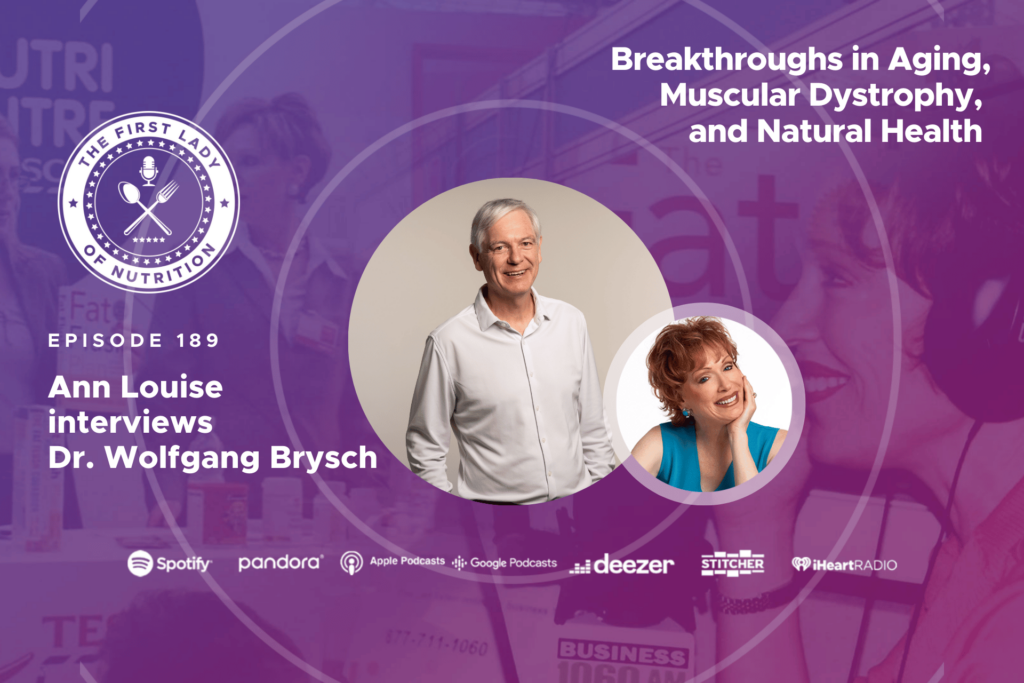



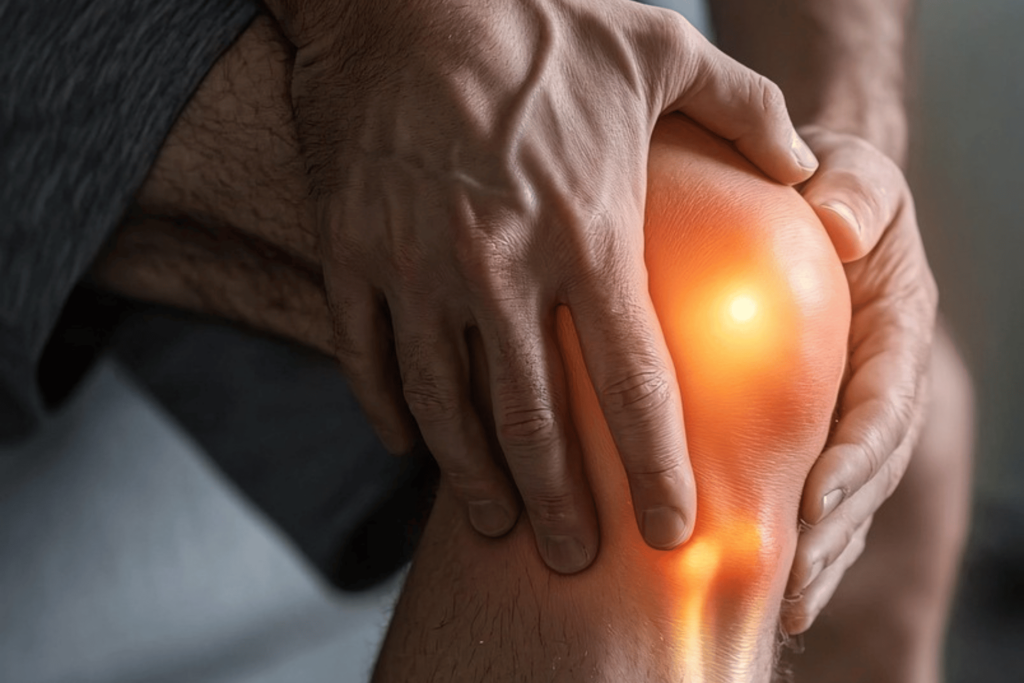
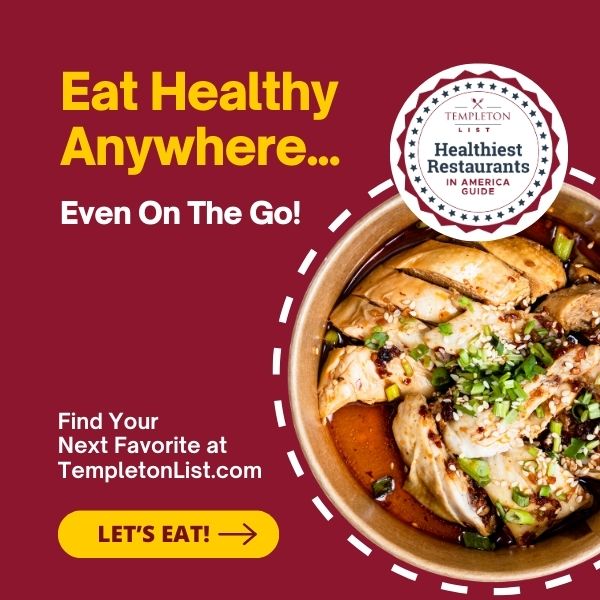
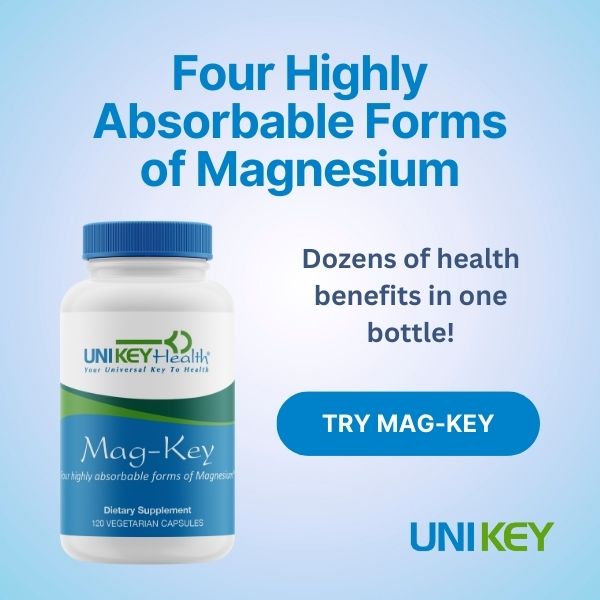
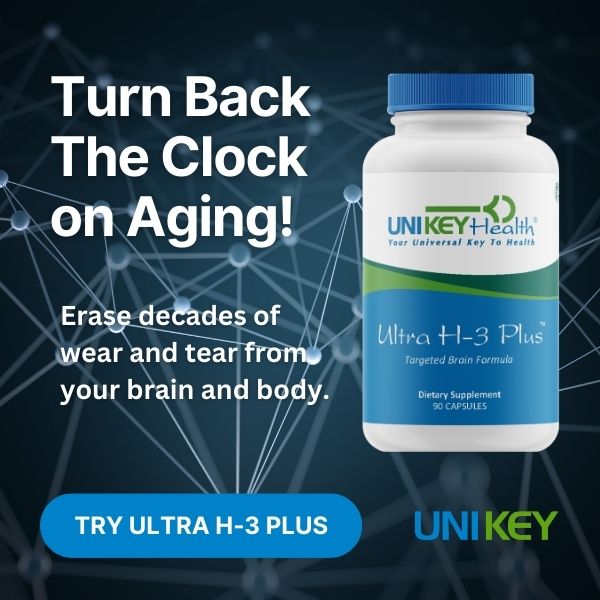
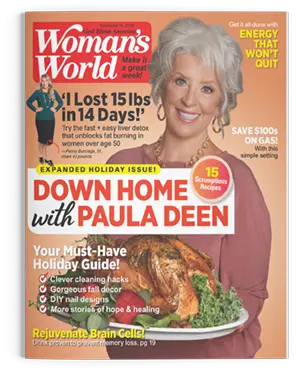
3 Responses
Three questions:
1) Since you can’t ship your Weight Loss Formula to Canada, how is your Liver Lovin Formula different from the Weight Loss Formula, and will it work the same.
2) I am on Coumadin (a blood thinner) for life…are your products ok for me to take…I have regular blood tests to check my INR levels. My doctor said I could ‘probably’ take almost anything (not vitamin K), as long as I am taking it consistantly, and check in with him.
3) I need to loose at least 50 lbs…am 65 years old…not active – in what order should I be taking your products.
Thank you,
-Marilyn
Thank you, I’ve recently been looking for information approximately this subject for ages and yours is the best I’ve discovered till now. But, what in regards to the bottom line? Are you positive about the source?
Dr. Ann Louise is very careful in selecting ingredients in the supplements she formulates. They are manufactured to the highest standards and 3rd party tested. Certificates of compliance are required from all of the vendors.